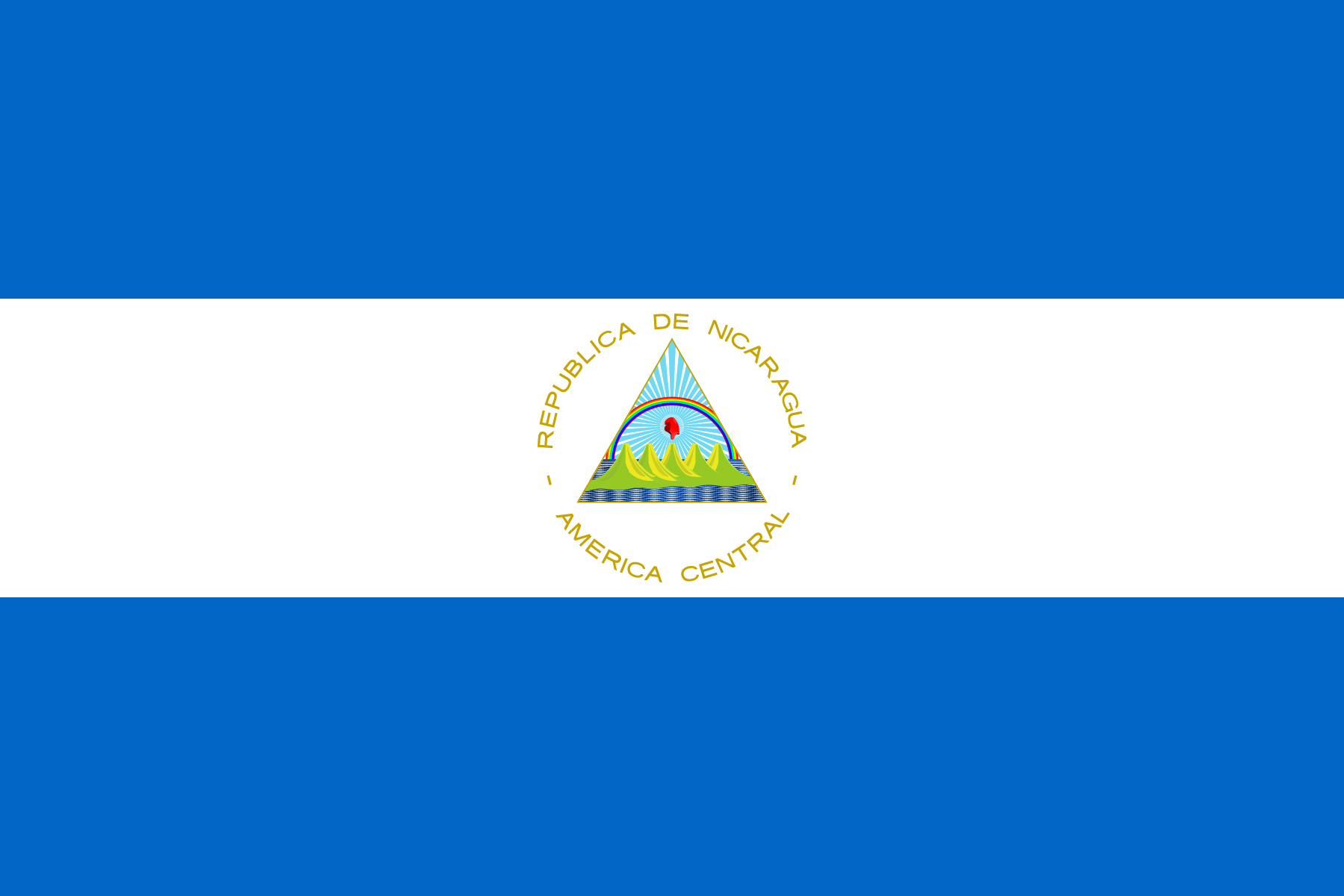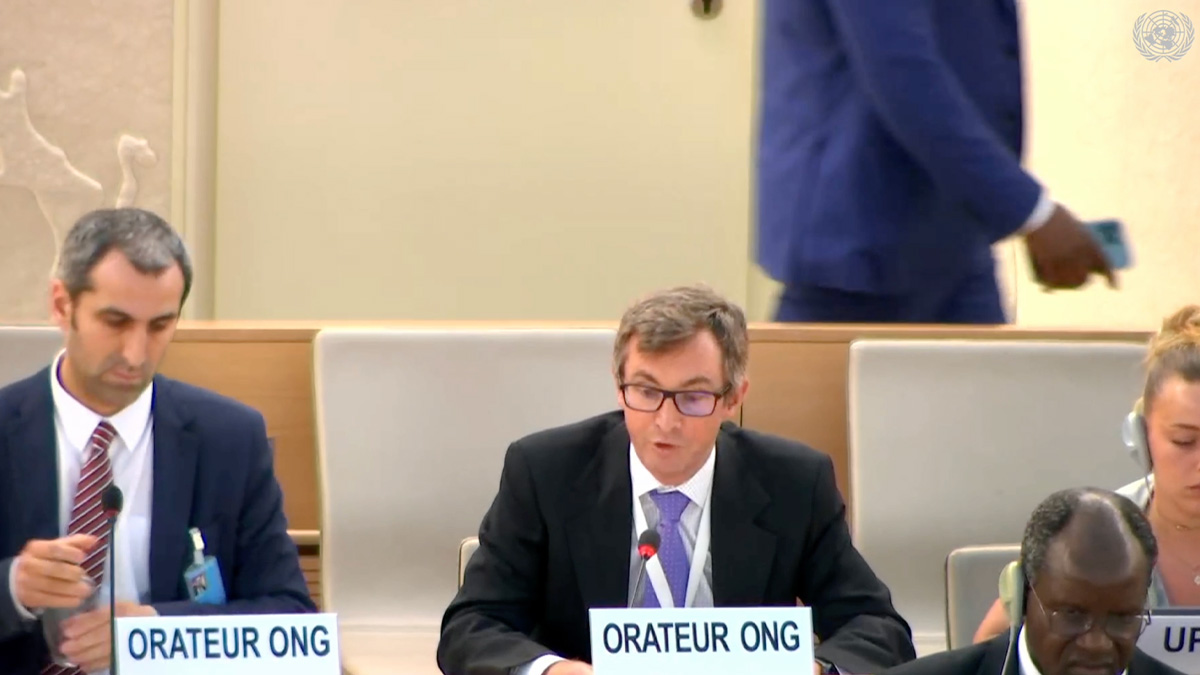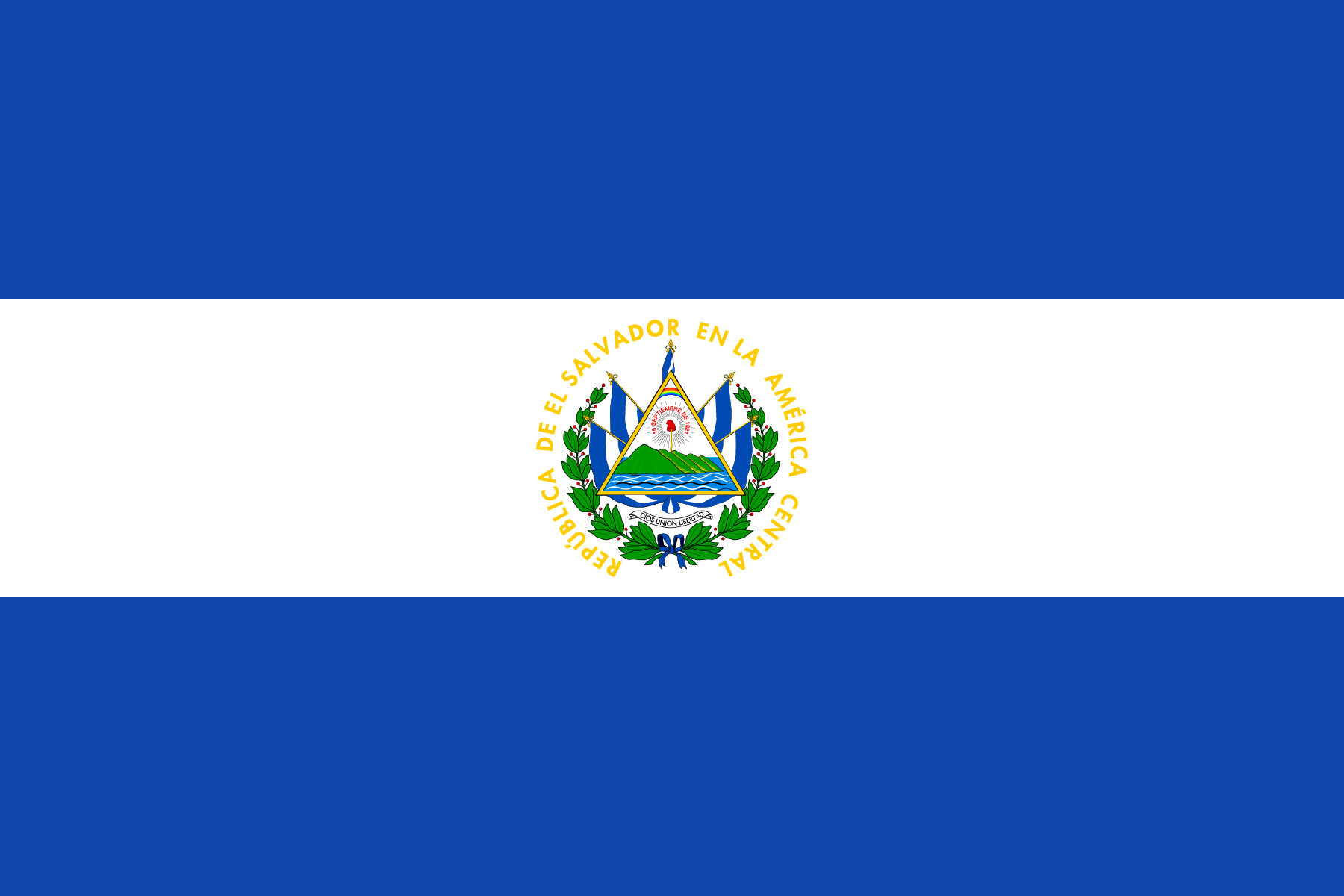
International community must protect Nicaraguan opponents exiled in Costa Rica
ISHR and the Colectivo 46/2 condemn the assassination of opposition leader Roberto Samcam Ruiz by the Nicaraguan Government.

(Geneva) – The world’s top human rights body has condemned the global crackdown on civil society and called on all governments to protect and support the work of non-governmental organisations and human rights defenders.
In a resolution adopted today, entitled ‘Civil society space’ (A/HRC/RES/24/21), the UN Human Rights Council says it is ‘deeply concerned’ at the use and misuse of laws on NGO registration and funding, and even, in some instances, those on ‘national security and counter-terrorism’ to ‘hinder the work and endanger the safety of civil society’.
‘Civil society has a critical role to play in promoting human rights, the rule of law and development,’ said Michael Ineichen of the International Service for Human Rights (ISHR).
‘Despite this, many governments in all regions of the world are increasingly imposing unnecessary and illegitimate restrictions on the work of civil society associations and non-governmental organisations.’
According to US Ambassador to the UN, Samantha Power, in the last five years alone more than 40 countries have passed ‘restrictive laws trying to shrink the space’ for civil society.
The Council’s resolution was adopted in Geneva as the UN Secretary-General, Ban Ki-moon, expressed similar concerns at a high-level meeting in New York.
‘We are seeing a rise in laws that restrict the activities of human rights defenders,’ said Mr Ki-moon. ‘We are seeing new ways to impede their work – through over-reaching anti-terrorism and national security legislation; measures relating to public morals, or defamation; laws requiring registration and funding of associations; and new rules regulating Internet access.’
Welcoming the resolution, ISHR’s Michael Ineichen said, ‘ISHR strongly supports the Human Rights Council’s timely and important resolution condemning the global crackdown on civil society and human rights defenders.
‘International law requires governments to support and enable the work of NGOs and human rights defenders. Mature governments recognise that such work contributes to peace, good governance and economic prosperity,’ he said.
In addition to calling on governments to ‘create and maintain, in law and in practice, a safe and enabling environment in which civil society can operate free from hindrance and insecurity’, the resolution also calls on the United Nations itself to treat the creation and protection of civil society space as a global priority.
The resolution was developed and led by a group of countries including Ireland, Chile, Japan, Sierra Leone and Tunisia. It was strongly supported by others, including Brazil, Costa Rica, Switzerland, the United States and the United Kingdom.
The final resolution was passed by consensus despite vocal opposition by States that are known for their repressive policies towards civil society and human rights defenders, including Pakistan, Cuba, Ethiopia and Venezuela.
Brazil showed principled support for civil society, voting against all of the hostile amendments, and speaking in favour of the resolution, while several States including India spoke against the resolution.
‘It is very pleasing that an emerging power such as Brazil showed strong support for the resolution, demonstrating the State’s potential to be a positive force for human rights at the international level. At the same time, it is deeply regrettable that India and Indonesia joined with States known to be hostile to civil society and human rights defenders,’ Mr Ineichen said.

ISHR and the Colectivo 46/2 condemn the assassination of opposition leader Roberto Samcam Ruiz by the Nicaraguan Government.

In a statement at an interactive dialogue on the annual report of the High Commissioner, ISHR Executive Director Phil Lynch called on States to support the work of defenders and to pay their UN dues.

ISHR joins organisations from across Latin America and beyond in condemning the adoption of a 'Foreign Agents' law in El Salvador that seriously threatens independent civil society in the country.